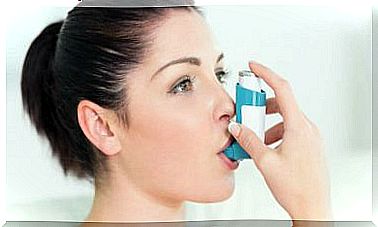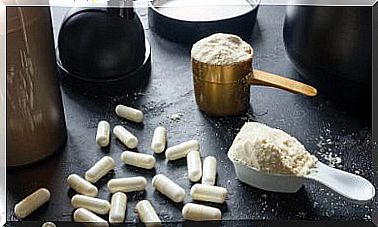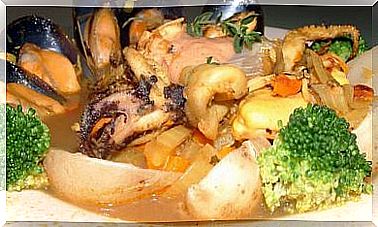Diet For Dehydration: What You Should Take Into Account
It is proven that our body needs to receive a good percentage of fluids, on a daily basis, to stay active and avoid the risk of dehydration. What foods should be eaten?

When the body does not have enough water to be able to perform its functions correctly, we are facing dehydration. To prevent this problem (which can also have health consequences both in the medium and long term) we can implement certain measures related to diet.
Everyone needs to drink a quantity of water (depending on their age, weight and gender) throughout the day. Now, this intake should not only come from glasses or cups of water, but also from food.
According to the World Health Organization, 20% of the daily amount of water that the body needs, must come from fruits and vegetables.
There are people who should pay more attention to the ways of preventing dehydration, since they are more prone to suffering from it if they do not take the corresponding measures. This is because, for one reason or another, their bodies make a greater expenditure of fluid, through sweating, the frequency of urination, and so on.
- Kids.
- Athletes.
- Pregnant
- Patients with chronic diseases.
- People of the Third Age.
These people should monitor their consumption of water even more, as well as of foods rich in this liquid. Day to day.
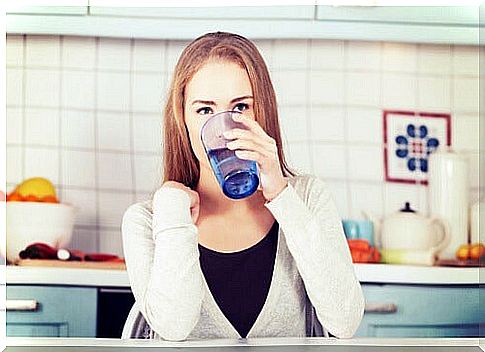
Diet for dehydration: foods you can not miss
Food makes up about 30% of the body’s fluid intake ; the other 70% is considered to be the product of the drinks that are consumed. It is important to know which are the solid foods that have more water to achieve a balanced diet.
Vegetables
Vegetables provide a large amount of vitamins and nutrients important for health. Some of them provide more water than others. Lettuce, for example, is one of the most beneficial in a diet to prevent dehydration. 95% is water and its freshness makes it the best ally for summer salads.
Other vegetables like broccoli, spinach and carrots also make their big contributions. The ideal is to steam them so that they maintain all their properties.
There are many very healthy tasty recipes based on these ingredients to make nutritious dishes.
Fruit
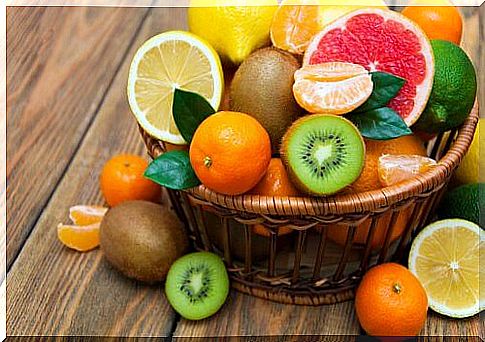
Watermelon, citrus fruits and other seasonal fruits are sources of fluids for the body. In addition to their nutritional benefits, on a dehydration diet they help regulate blood pressure. They can be used as desserts, snacks or juices to accompany.
Some people feel more comfortable drinking fruit juices, also because they have gotten used to it. There are a lot of preparation alternatives, so it becomes a fun preparation.
Water-based foods
Sauces and soups are other preparations by which the body receives fluids . Just as in the case with ice cream or cream, milkshakes, smoothies , etc. It is important to follow a diet that includes different options so as not to get bored.
Pasta and cereals
Rice absorbs a large amount of water during cooking, which can extend it to the body. It is estimated that the majority of pasta contains 70% liquid ; They have the advantage that they can be eaten hot or cold, as preferred.
Tips to prevent dehydration
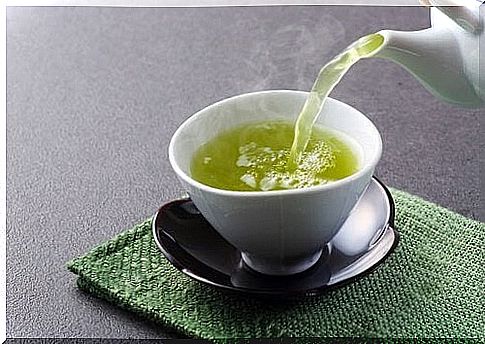
Although we do not feel thirsty, this does not mean that the body does not need to ingest a little liquid. Therefore, we must have a bottle of water always in sight to remember to drink a little, from time to time during the day.
If we are not used to it, a good way to drink more water is to choose infusions, teas or other drinks that are to our liking to get used to incorporating liquids throughout the day.
It is not mandatory to exclusively ingest the water. In fact, it is proven that people drink more liquids when they choose the drink they like. Sweet drinks and those with caffeine work positively on a dehydration diet.
Experts recommend that adults drink around two liters of water (approximately) to avoid dehydration.
What are the symptoms of dehydration?
- Thirst.
- Fatigue.
- Dizziness
- Sickness.
- Dry mouth.
- Dry eyes.
- Headache.
- Muscle cramps.
- Changes in the color of urine, among others.
In short, to avoid dehydration you have to maintain good lifestyle habits, regardless of the time of year. However, during the hottest seasons, it is true that we must be even more attentive to the amount of water we drink. As in everything, prevention will always be the best way to avoid health consequences.
